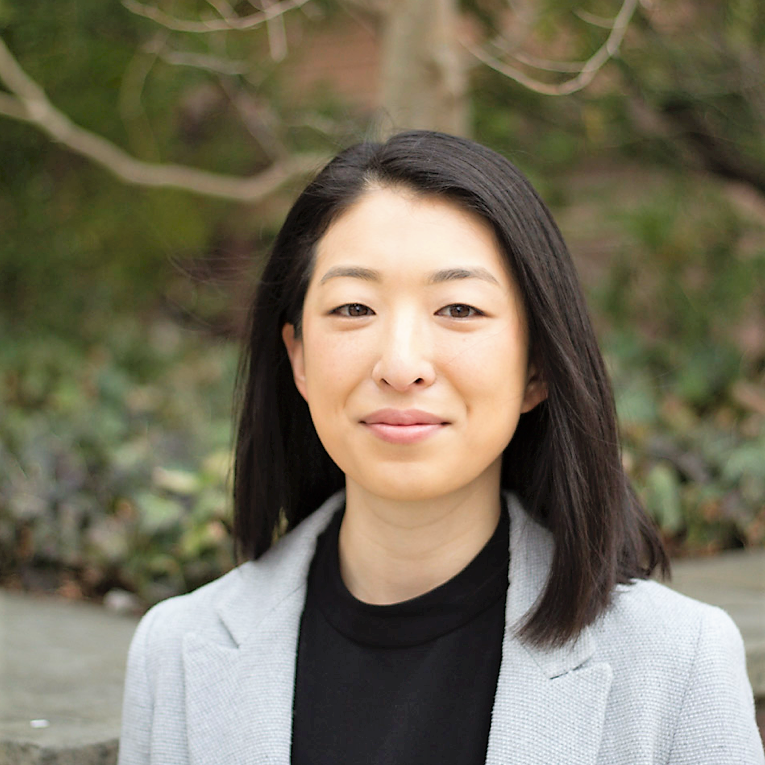How can ethical stakeholder engagement reshape AI development?
AI has the potential to both increase and reduce social inequality. To ensure AI generates more social good than harm, the people affected by this technology must be engaged in its development and deployment. Partnership on AI’s Inclusive Research and Design Program provides practical resources for how AI can be created with communities — not just for them.
Our Inclusive Research & Design Work
PAI is developing two crucial resources to advance responsible AI development: Inclusive AI Learning Modules and Inclusive AI Guidelines. These initiatives, set to release in 2024, aim to bridge the gap between community aspirations and industry realities in AI development.
The Inclusive AI Learning Modules are being created in collaboration with experts to serve as a comprehensive primer on participatory practices in AI. Once completed, this resource will foster collective learning and problem-solving in responsible AI development, benefiting both the PAI community and the broader public. Concurrently, our multi-sector Global Task Force is developing Inclusive AI Guidelines to balance the aspirations of community advocates, who desire greater involvement in AI development, with the practical constraints faced by industry practitioners. To ensure the guidelines address real-world technology development challenges while considering diverse stakeholder needs, PAI is incorporating ongoing public feedback, including valuable input from labor-oriented and civil society organizations.
By combining educational resources with practical guidelines, PAI is creating a more inclusive, responsible, and effective approach to AI development.
Global Task Force for Inclusive AI
Featured Work
Program History
Building on its longstanding commitment to diversity, equity, and inclusivity, PAI expanded its efforts in 2020 to address these critical issues in AI technology development and deployment. This enhanced focus began with the launch of the Methods for Inclusion Research Project and the Diversity & Inclusion Research Project. These foundational qualitative research efforts led to the establishment of the Inclusive Research & Design Program.
Following this, PAI published a white paper on “Making AI Inclusive” and a research paper titled “After the Offer: The Role of Attrition in AI’s ‘Diversity Problem’” in 2022. To further expand its impact and initiatives, PAI launched a Global Task Force in 2023. These ongoing efforts reflect PAI’s commitment to fostering a more inclusive and responsible approach to AI development and deployment across the industry.









